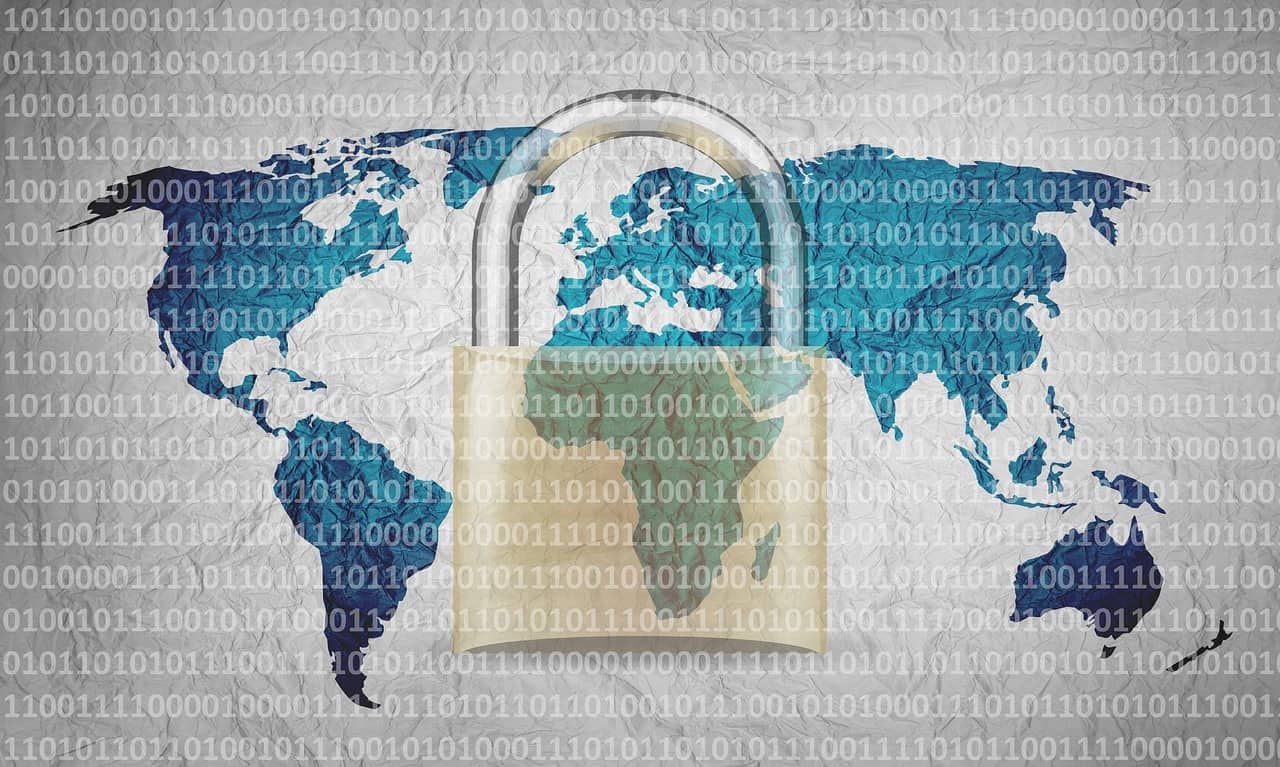The world is connected to a variety of diverse digital landscapes, ranging from app usage to credit cards, and this level of connectivity is such that it is unwise for any organization to ignore global cybersecurity risks.
Regardless of industry, every organization is at risk of malicious attempts to enter a private security network, and the location is irrelevant.
The Equifax breach is an excellent example: Although the cyber attack predominantly affected those in the US, millions in Canada were susceptible to the breach as well.
All businesses must prepare against the inevitability of malicious cyber attacks, particularly as technology continues to advance on a global scale.
-
Organizations aren’t prepared for GDPR
 Despite advanced warnings regarding the implementation of new cybersecurity standards, many organizations are still unsure of how to manage changes that will ensure compliance with the EU’s General Data Protection Regulation (GDPR).
Despite advanced warnings regarding the implementation of new cybersecurity standards, many organizations are still unsure of how to manage changes that will ensure compliance with the EU’s General Data Protection Regulation (GDPR).
The new regulation – scheduled to take effect on 25 May 2018 – demands that organizations handle personal data differently, but how those organizations ensure compliance is another matter entirely.
Resources are being pulled in different directions, and time will need to be set aside to educate stakeholders.
This primarily affects those businesses that engage in international trade, and an understanding of what is necessary to comply with the GDPR will help enhance cybersecurity when doing business with international clients.
-
The Internet of Things (IoT) poses a threat
Concerns surrounding the level of security among IoT devices has been discussed many times, but there is little forward progress in addressing the problem.
Although such devices add a level of convenience, they could provide the opening that a hacker needs to gain access to sensitive information.
Organizations that utilize IoT devices without the proper security infrastructure are susceptible to unmanaged risks, as it will become harder to track what – and how – information is transferrable.
IoT compromises security and no organization is immune.
-
The supply chain remains a weakness
Many organizations have a firm grip on their own cybersecurity practices, but knowledge of the existing infrastructure of third-party vendors is not as common.
Hackers are capable of taking advantage of this weakness in the supply chain, thereby gaining access to your IT infrastructure.
Unfortunately, when it comes to global business, the supply chain is a critical component of a successful operation.
Organizations must address the security risks between their international suppliers and take proactive measures that will prevent or at least minimize breaches.
-
The advance of breakthrough technology surpasses security spending
One of the most prominent concerns relating to international cybersecurity is the global tech war.
Individual countries are determined to produce the best in technological advances, without addressing security concerns applicable to those devices or systems.
Information security teams are expected to keep up with such developments, but the development of a robust cybersecurity strategy takes time.
Risks must be assessed holistically within the organization to close any gaps that hackers could leverage.
Stakeholders are demanding results, but they must understand that the best technology will pose a threat to the entire business if the end result is not secure.
International preparedness is the only way to mitigate international security risks. Individual organizations are only single elements of the global economy, and in a digital world, there are virtually no limits to the damage a single breach can cause. Malicious cyberattacks are an international concern, particularly as criminal organizations become more prominent. The international sharing of technology can boost the world economy, but the cybersecurity risks will grow as well.

